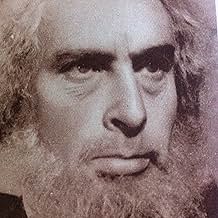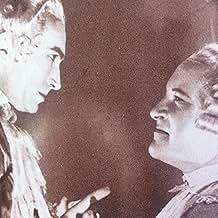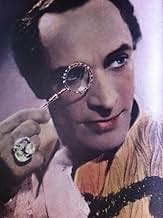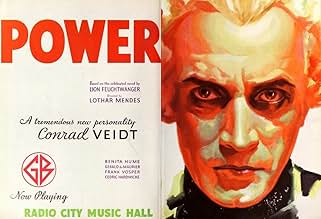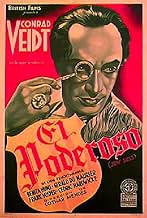Jew Süss
- 1934
- 1h 44min
Aggiungi una trama nella tua linguaThe story of life in the 18th century Jewish ghetto of Wurtemburg. Suess tries to better himself with the help of an evil Duke.The story of life in the 18th century Jewish ghetto of Wurtemburg. Suess tries to better himself with the help of an evil Duke.The story of life in the 18th century Jewish ghetto of Wurtemburg. Suess tries to better himself with the help of an evil Duke.

